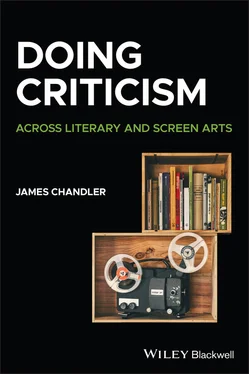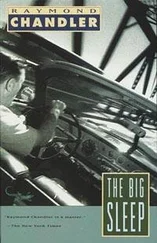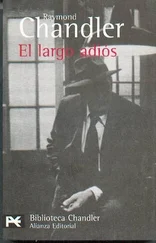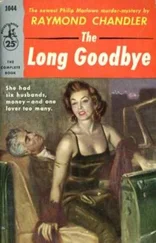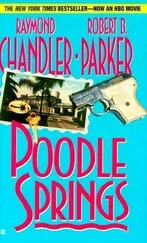Now imagine, instead, that you open a standard anthology of poetry, and you find the following:
This Is Just to Say
I have eaten
the plums
that were in
the icebox
and which
you were probably
saving
for breakfast
Forgive me
they were delicious
so sweet
and so cold
(William Carlos Williams, 1934) 10
This arrangement of words (twenty eight of them, not counting the title) asks for a different kind of response. Such words, so disposed, along with the context in which they appear, do ask you to do something with them. They ask you to perform an act of criticism. They do so, furthermore, by raising a further set of questions. Why should so apparently plain and simple a statement be produced in a formal arrangement of twelve lines in three stanzas? Is the title part of the poem or separate from the poem? Given the fact that the words seem to take the shape of a poem, why does the title emphasize the idea of words reduced to the most basic message they can communicate: “This is just to say”? Why is a simple statement given such an arrangement? Why does it include the detail about how good the plums taste? Is the speaker asking forgiveness for taking the plums in the first place or for not being able to resist an evaluation that adds insult to injury?
Some of these questions might loosely connect with those we might have asked ourselves if the note were in prose form and left by someone with whom we shared a fridge. The differences are nonetheless important. In this case, for example, we don’t know who the speaker of these words is supposed to be. We have to imagine both a speaker and an addressee, because neither is given. We don’t know if the two are on good terms or bad. In the Norton Anthology , the poem is identified with an author, William Carlos Williams. We may or may not know that the author was one of the foremost American poets of the early twentieth century. We may or may not know that he is from Rutherford, New Jersey. There is a date of publication, too, 1934, which might lead us to think about this composition as belonging to a past moment in time. That was the middle of the Great Depression, when money was short and food was scarce, especially luxury foods like plums. Does that matter to the way we respond to these words? “Icebox,” in that light, might thus come to seem less like a peculiar expression that our grandmother would have used than perhaps a marker of the poet’s historical moment. How might that sort of historical indicator figure in what we do with this form of words, this thing that seems to be proposing itself as a poem?
The more we look at the words in this way, critically, taking them as making up a poem, the more we are likely to experience the effect that the Germans call Verfremdung , or defamiliarization, and the Russians ostranenie —and the stranger its apparently simple “message” becomes. 11The request to be forgiven for stealing the plums (which seems to lie in the realm of ethical responsibility) is followed by the description of what it was like to eat them (which seems to belong to the realm of sensual pleasure). Is the description of the pleasure meant to explain the act of theft? To excuse it? To justify it? “I know I stole your plums, but all I can say is they were so good to eat.” Is that implied “all I can say” what the poem has “just to say”? And then there is another range of questions. If this is supposed to be a poem, how are we to judge if it is a good poem? How does its versification matter, the fact that it is arranged in very brief lines and stanzas? Is there a logic to these line breaks and stanza breaks? Is the poem’s versification—its management of rhythm—handled well or badly?
When we pose such questions of words that we encounter in this way, we are beginning to do criticism. We are beginning to engage with the words in an active process of analysis, interpretation, and evaluation. This active process involves formulating questions and working out answers. This activity of posing and addressing questions, moreover, has its own medium and form of expression—in my case here, that of English prose paragraphs. As with other activities, the more we practice it—on such objects, in such a medium—the more adept we become. And with such adeptness comes the capacity to bring a new kind of value into being alongside the value of the object in question—and this will hold true even when, as must often happen, we find fault with the poem. If one wanted to identify a small fault in this poem, for example, it might be the switch in relative pronouns from “that” to “which,” where, grammatically, “that” should appear in both instances. I can think of possible defenses of this switch. One might call it a deliberate performance of colloquial speech, for example, though I don’t myself find this defense very convincing. We might also defend the switch of pronouns as a sign of haste. We know that William Carlos Williams was a practicing physician in his native New Jersey, and that he sometimes dashed off short poems on a typewriter between patients. That would make a kind of sense of the inconsistency, though it wouldn’t explain it away.
Implicit in some of the questions posed in this rudimentary act of criticism is an assumption of some grounds for comparison, and comparison lends a further dimension to the act of criticism. David Hume strongly emphasized that practical criticism depends on, well, practice, especially the practice of comparing works with one another. Suppose, then, that we undertake another little thought experiment and imagine another piece of textual scrawl on an arguably similar theme (Figure 1.2):
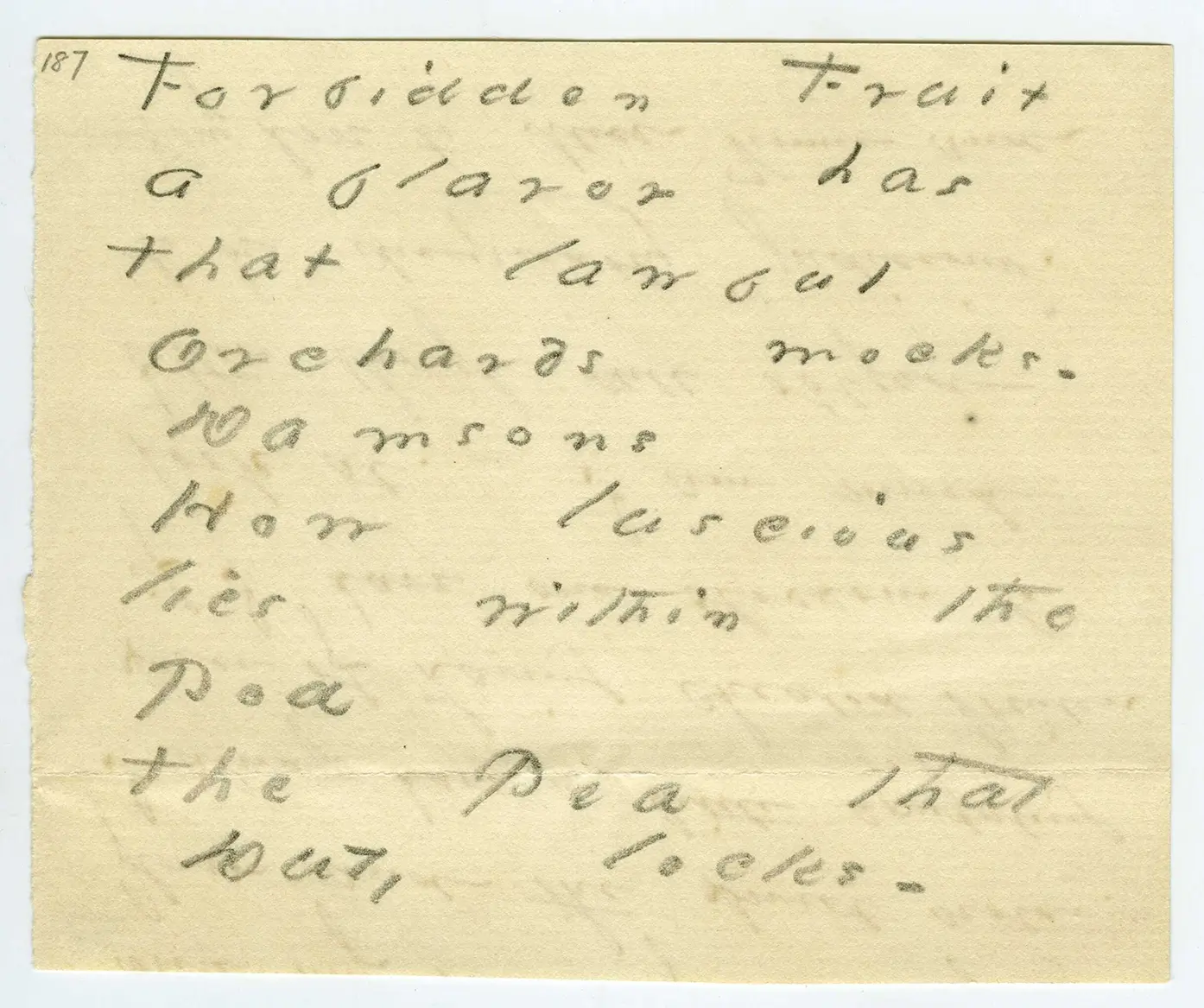
FIGURE 1.2 Manuscript copy of Emily Dickinson’s “Forbidden fruit a flavor has.” Emily Dickinson Collection, Amherst College, Manuscript 187.
This piece of writing is untitled, like the message we might imagine on the refrigerator door. Like that message, too, it seems a bit messy and informal. We may, however, be struck by some special features in this arrangement of words.
We might notice first that the words here compose two independent clauses, each consisting of exactly fourteen syllables. These two clauses are also marked by a certain rhythm, and by a peculiarity of grammar that we might call “syntactic inversion”: not “has a flavor,” but “a flavor has.” Not “that mocks lawful orchards,” but “that lawful orchards mocks.” We know that that second example involves an inversion because, if we look carefully, we see the inflected ending of the English verb to mock —“mocks”—needs to correspond to a singular subject. We might therefore first have imagined that the line involves the mocking of the flavor of the forbidden fruit before realizing that the grammar requires us to read it the other way around: it is the flavor, with its peculiar quality, that mocks the lawful orchards. This sort of device, which demands revisiting the lines, can expose and test our routine assumptions about the world, as the best poetry often does. We might also detect the dominance of f sounds in the first part of the poem, and how they give way to l sounds in the second part, with the interesting word “lawful”—with its l , f , l sequence—making the pivot from the one to the other. And some words, it turns out, rhyme with others.
Seeing all this, we might conclude that this piece of writing is a poem, even before we ever see it laid out in a book of poetry in this form (perhaps the same book in which we found the Williams poem):
Читать дальше
